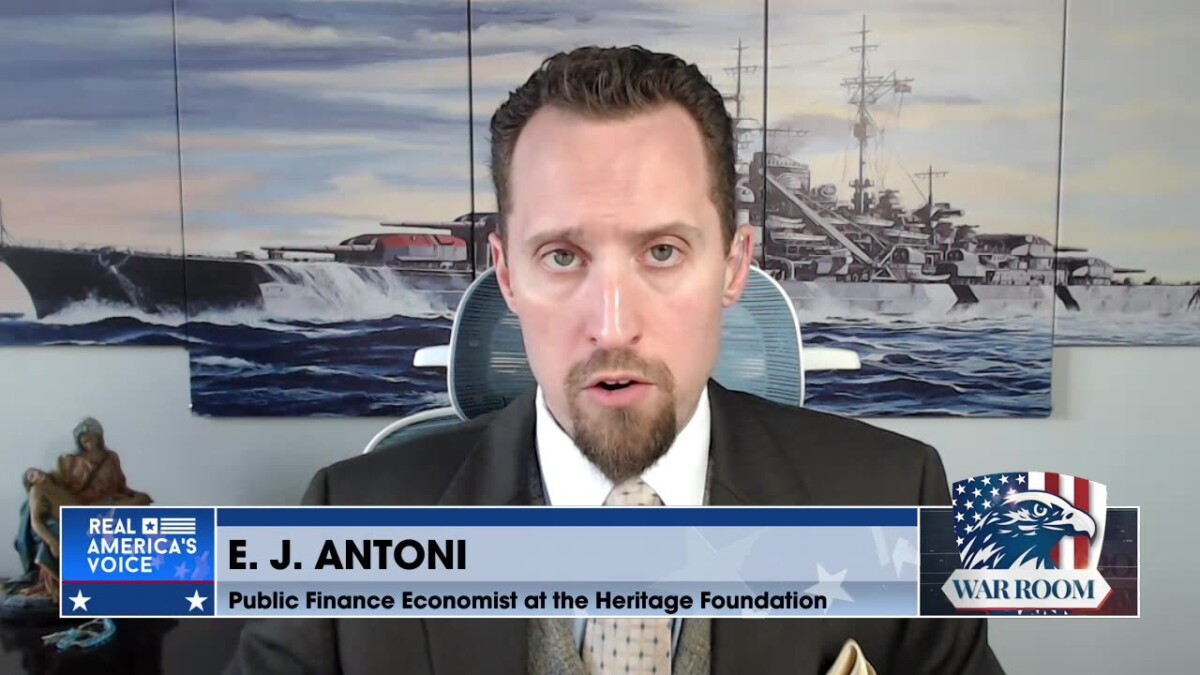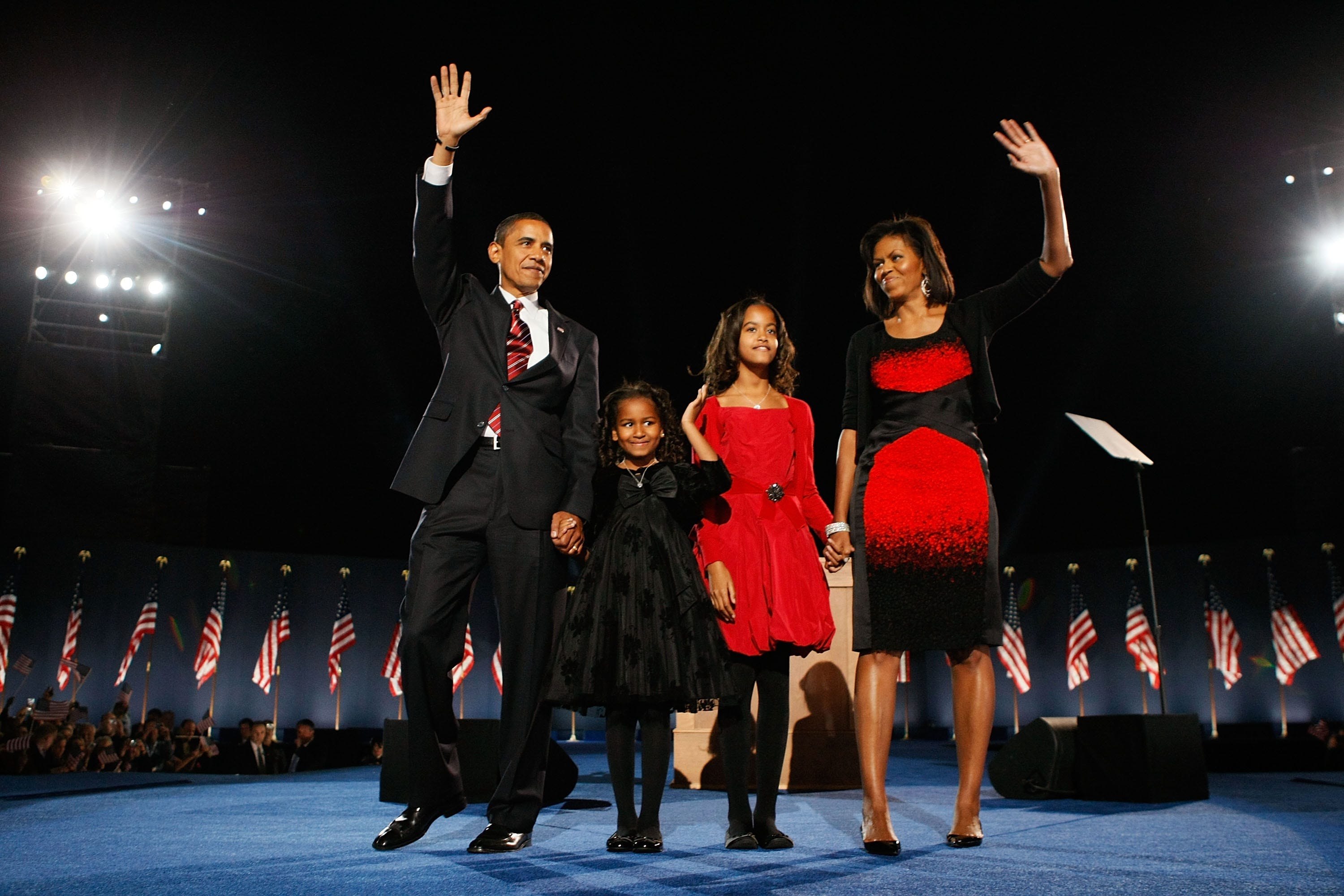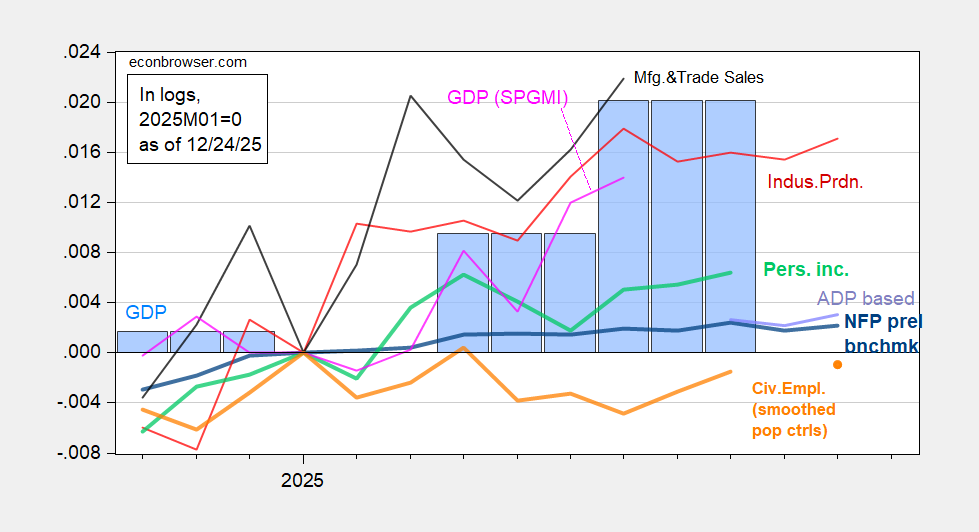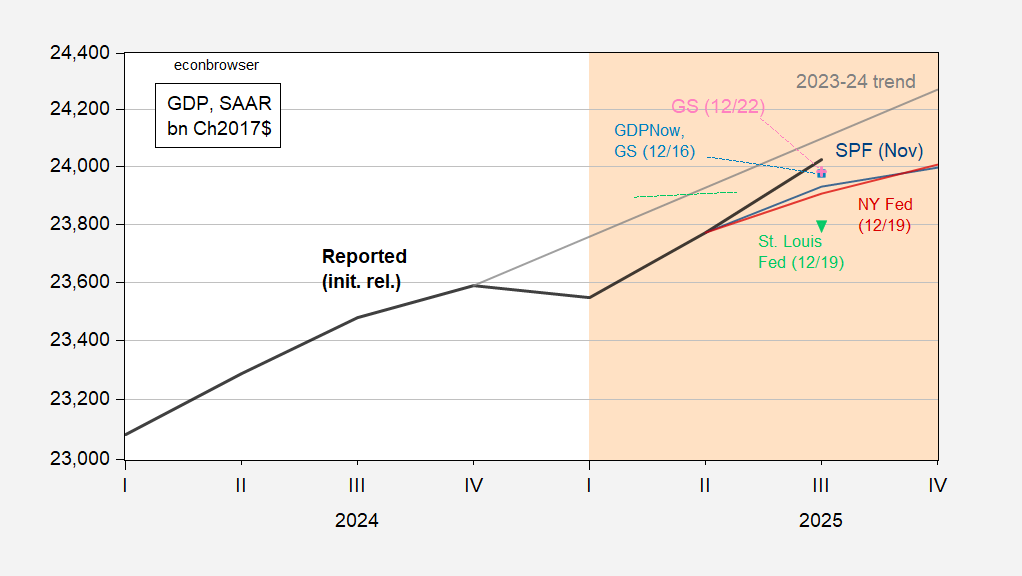
221. Repost With Transcript: Heather Cox Richardson
A discussion on the evolution of economic writing in new media, emphasizing the freedom and depth provided by platforms like Substack compared to traditional journalism.
your daily dose of economic commentary

A discussion on the evolution of economic writing in new media, emphasizing the freedom and depth provided by platforms like Substack compared to traditional journalism.

Bill McBride outlines key economic reports and data releases scheduled for the week of December 28, 2025, including housing and manufacturing indicators.

The post discusses the unexpected GDP growth rate, emphasizes the importance of considering revisions in GDP data, and highlights the reliance on monthly indicators for recession dating.

An argument that critiques the Heritage Foundation's economic views, particularly regarding tariffs, trade deficits, and the implications of economic policies under the Trump administration.

The post highlights significant American political events from the 21st century, assessing their impact and relevance in shaping contemporary politics.
An argument that Dickens critiques capitalism while advocating for empathy towards both management and labor, emphasizing the need for humanity in economic discussions.

The post discusses predictions for wage growth in 2026, analyzing various wage indicators and trends, while noting potential influences on future earnings.

Kevin Lavery discusses the complexities of sports refereeing, focusing on the impact of technology like VAR on decision-making and fan experience.

The post explores Japan's rising popularity as a travel destination and its potential economic revival through increased foreign investment driven by global interest in Japanese culture.
Tyler Cowen discusses the recipients of grants from Emergent Ventures India’s 15th cohort, highlighting innovative projects across various fields, including AI, agriculture, and technology.

An argument that easing federal restrictions on marijuana will lead to immediate and gradual changes in its legal status and regulation.

A forecast indicates a significant reduction in renewable energy growth in the U.S. amid increasing electricity demand, highlighting potential challenges ahead.

The post discusses Jimmy Kimmel's humorous take on fascism in his alternative Christmas message to British viewers, highlighting a troubling year for the U.S.

An argument that alternative economic indicators provide valuable insights beyond GDP, emphasizing employment and production metrics to assess economic conditions.
The post reflects on Dickens' observations of poverty in Victorian England, critiquing the detachment of economists from the human suffering associated with it.

An argument that compares GDP with "core GDP" and GDO, highlighting differences in growth estimates and their implications for economic momentum.
Timothy Taylor discusses how attention has become a valuable economic resource, influencing consumer behavior and the dynamics of the modern economy.

Scott Cunningham discusses two representations of Abadie-Imbens bias correction in nearest neighbor matching and their implications for regression analysis.

Paul Krugman shares his Christmas Eve plans and reflections, blending personal anecdotes with a light-hearted commentary on social media interactions.

Bill McBride analyzes predictions for house prices in 2026, referencing economic indicators and trends from previous years.